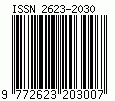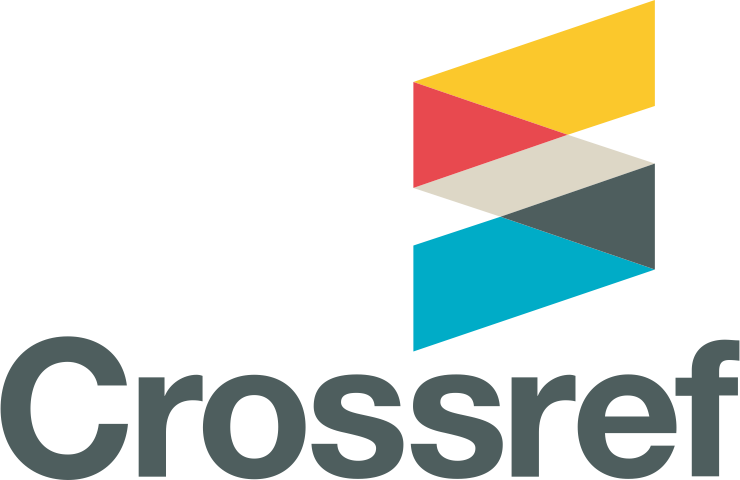PENGARUH KEPEMIMPINAN TRANSFORMASIONAL TERHADAP KESEJAHTERAAN PSIKOLOGIS AWAK KAPAL DALAM ERA DIGITALISASI PELAYARAN
DOI:
https://doi.org/10.33556/jstm.v25i1.489Abstract
This study aims to examine the effect of transformational leadership on the psychological well-being of seafarers, as well as to analyze the moderating role of transformational leadership in the relationship between technostress, a consequence of maritime digitalization, and psychological well-being. Along with the acceleration of digital transformation in the maritime industry, seafarers face new psychological challenges in addition to existing traditional work stressors. This study adopts a quantitative approach with a cross-sectional survey design involving Indonesian seafarers from various types of vessels. Data were collected using three main instruments: the Multifactor Leadership Questionnaire (MLQ) to measure transformational leadership, Ryff's Scales of Psychological Well-being to measure psychological well-being, and the Techno-Stress Scale to measure the level of technology-induced stress. The results of hierarchical multiple regression analysis show that transformational leadership has a positive and significant effect on the psychological well-being of seafarers. Furthermore, the moderation analysis indicates that transformational leadership significantly mitigates the negative impact of technostress on psychological well-being. These findings provide strong practical implications for the shipping industry, emphasizing the urgency of developing transformational leadership competencies for ship officers as a key strategy to maintain the mental health and resilience of seafarers in facing the complexities of the digital era.
Downloads
Published
Issue
Section
License
Authors who publish with this journal agree to the following terms:Authors retain copyright and grant the journal right of first publication with the work simultaneously licensed under a Creative Commons Attribution License that allows others to share the work with an acknowledgement of the work's authorship and initial publication in this journal.
Authors are able to enter into separate, additional contractual arrangements for the non-exclusive distribution of the journal's published version of the work (e.g., post it to an institutional repository or publish it in a book), with an acknowledgement of its initial publication in this journal.
Authors are permitted and encouraged to post their work online (e.g., in institutional repositories or on their website) prior to and during the submission process, as it can lead to productive exchanges, as well as earlier and greater citation of published work (See The Effect of Open Access).







